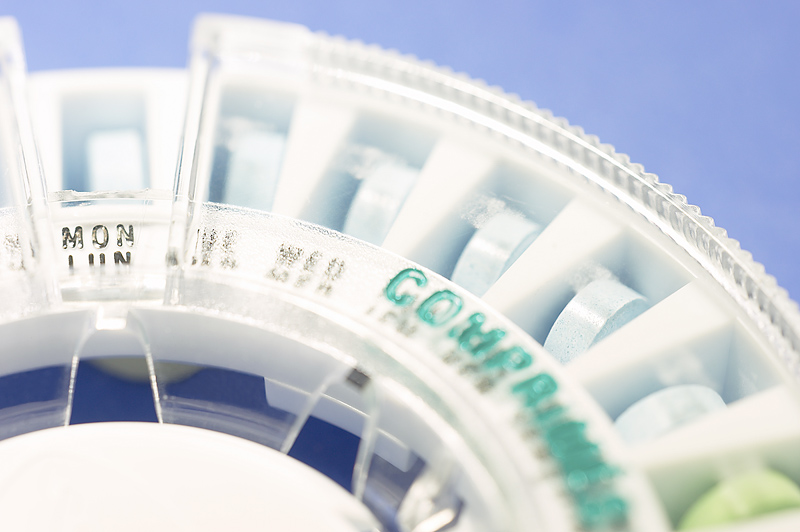MONDAY, Oct. 12, 2015 (HealthDay News) — Not only does effective HIV therapy thwart the AIDS-causing virus, it may also reduce the risk for hepatitis B infection, a new study says.
“What this means to us is that effective HIV therapy appears to restore an impairment in the immune response that protects someone with HIV from acquiring hepatitis B infection,” study senior author Dr. Chloe Thio, a professor of medicine at Johns Hopkins University School of Medicine, said in a university news release.
The study, published in the October issue of Annals of Internal Medicine, involved 2,400 gay and bisexual men who were enrolled in the Multicenter AIDS Cohort Study. Researchers found that the men successfully treated with HIV therapy had the same risk for hepatitis B infection as the men who did not have HIV. Hepatitis B is a virus that can damage the liver.
The study showed HIV-positive men on HIV therapy who had no detectable virus in their blood were 80 percent less likely to be infected with hepatitis B over about 9.5 years, compared to men with HIV who weren’t on HIV therapy or had detectable levels of the virus in their blood.
Researchers said their findings also confirm the longstanding belief that vaccination against the hepatitis B virus protects people regardless of their HIV status.
Study lead author Dr. Oluwaseun Falade-Nwulia, an assistant professor of medicine at Hopkins, said, “We found a 70 percent reduction in new [hepatitis B] infections in the men who reported receiving at least one dose of [hepatitis B] vaccine.”
However, “vaccination rates, even in high-risk individuals, such as men who have sex with men, remain low, and we need to do a better job of encouraging vaccination,” she said in the news release.
Adults getting the hepatitis B vaccine should receive three doses within six months, the U.S. Centers for Disease Control and Prevention recommends.
In 1984, when the study began, 41 percent of men with HIV had been vaccinated against hepatitis B, compared with 28 percent of men without HIV, researchers said.
By 2013, the proportion of men who received more than one dose of hepatitis B vaccine increased 67 percent among men with HIV, compared to 58 percent among men who did not have the virus.
Despite the protective effects of HIV therapy, better hepatitis B prevention in gay and bisexual men is needed to control the epidemic of the virus among this population, the study’s authors cautioned.
In the United States, gay and bisexual men account for roughly 15 to 25 percent of new hepatitis B infections, the researchers said.
Drug users who share needles are also at risk for the liver disease, according to the CDC.
More information
The U.S. Centers for Disease Control and Prevention provides more information on hepatitis B.
Copyright © 2026 HealthDay. All rights reserved.

